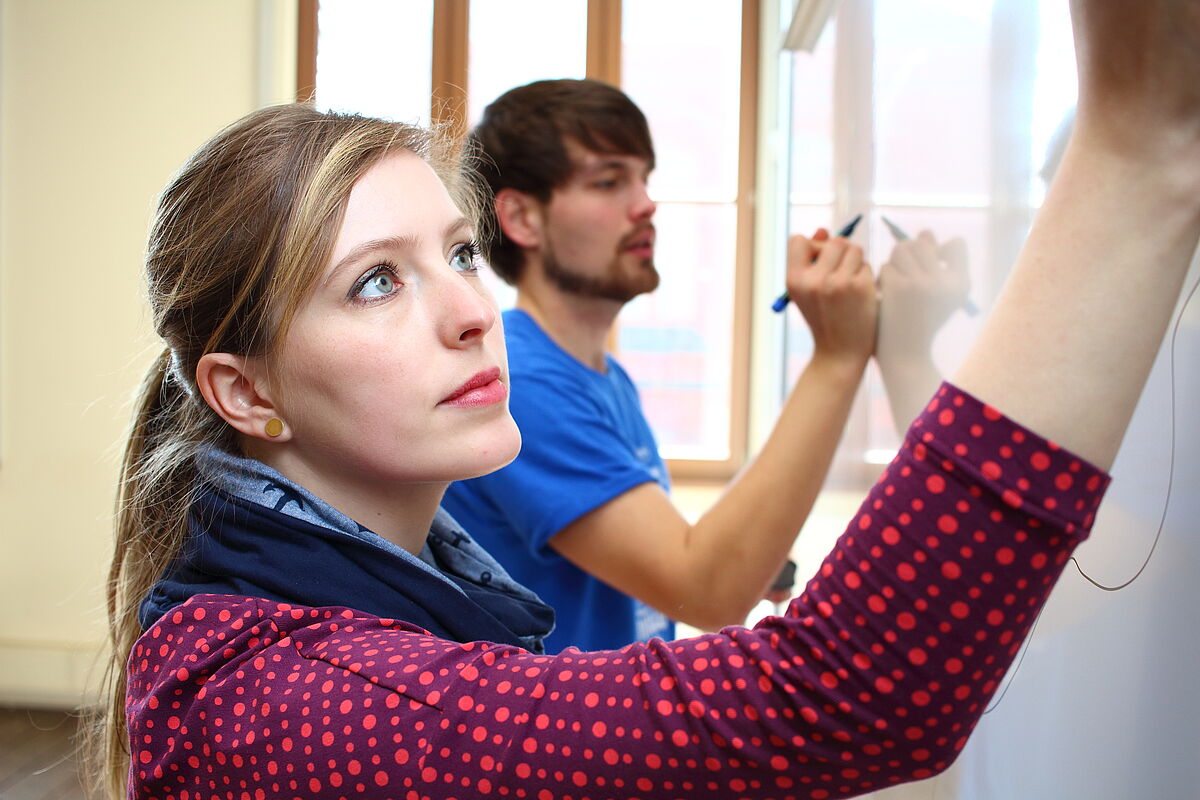Consequently, educators attempted to search for new developments and different alternatives for competence-oriented evaluation and testing, taking into account a number of questions relating to: the impact of the pandemic on the conventional education system; or how to maximize the outcomes of university teaching so that students are able to develop skills and competencies beyond learning purely scientific facts.

The pandemic has a strong impact on different aspects in our everyday and academic life, including: Education in general and the teaching/ learning process in particular (e.g., home-schooling); and distance working. Virtual reality becomes an option, and offered a solution to overcome the challenges created by the Corona virus.
This workshop will address the following topics:
- Competence-oriented evaluation and alternative forms of testing;
- Self-reflection relating to your role as a teacher and educator; and,
- How to establish standards for the evaluation of students‘ achievements.
Assessment and evaluation should be transparent, faire, and ethical.
So, this workshop will (i) shed light on the available options for
competence-oriented testing; (ii) enable you to learn more about the
topics mentioned above; (iii) offer possibilities to work individually
and cooperatively; (iv) show ways how could you equip your students with
the required competencies for problem solving and inquiry-based
learning; and (v) how to develop criterion-referenced evaluation grids.
Upon the completion of this workshop, each participant will be able to:
1. Define competence-based testing;
2. Explain why competence-oriented teaching is so important with regard to evaluation and assessment in general;
3. Reflect on your role as an examiner and educator;
4. Specify the general conditions and requirements for success during the execution process of examinations;
6. Develop a suitable set of criteria for competence-oriented examination on the basis of previously formulated learning objectives;
7. Make examination requirements transparent, faire and ethical; and,
8. Employ a set of criteria to evaluate testing efficiency and effectiveness.
Schedule:
- 07 – 14 Jan: Preparation of the received work order.
- 14 Jan: First synchronous online meeting (90 min)
- 21 Jan: Asynchronous input (e.g. video), group work
- 28 Jan: Second synchronous online meeting (90 min)
- 04 Feb: Asynchronous input (e.g. video), group work
- 11 Feb: Third synchronous online meeting (90 min)
- 18 Feb: Asynchronous input (e.g. video), group work
- 25 Feb: Fourth synchronous online meeting (90 min)
Requirements for the participants:
- The participants are expected to work actively in the context of a flipped classroom format. This includes that you prepare the asynchronous inputs and process the related working orders (individually or in groups). This is mandatory to participate in the next synchronous online meeting.
- To find time slots for the 90 min synchronous online meetings that are suitable for all participants, we will send a doodle link. Please note, that participating in all synchronous online meetings is required to receive the full work unit of 16 AE (“Arbeitseinheiten”).
Your enthusiasm; task commitment; and responsible involvement will contribute to your understanding and achievement of the topic and contribute to the success of the workshop.
For application please use our online course registration up to 06. January 2021.
- Dozent/in: Sandra Linke
- Dozent/in: Michael Schöner